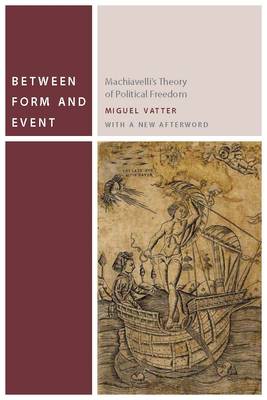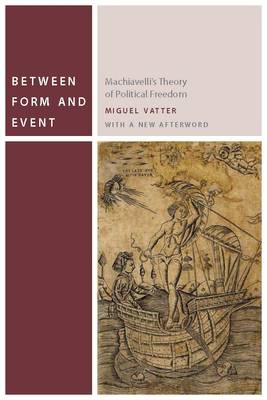
- Retrait gratuit dans votre magasin Club
- 7.000.000 titres dans notre catalogue
- Payer en toute sécurité
- Toujours un magasin près de chez vous
- Retrait gratuit dans votre magasin Club
- 7.000.000 titres dans notre catalogue
- Payer en toute sécurité
- Toujours un magasin près de chez vous
Description
Machiavelli uncovers the productive function of social conflict in establishing a new idea of popular power and its legal institutions whose function is to relativize the command of the state and check the abuses of the privileged groups in society. Henceforth, every legitimate form of government must at the same time be inscribed with its immanent critique and imminent subversion: The possibility of political form is conditioned by the possibility of changing it in an event of political revolution.
The book argues that Machiavelli's new understanding of political freedom presupposes a revolutionary change in the way that history is conceived. Machiavelli changes the paradigm of action from the classical idea that virtue means acting in correspondence to what the times demand to a modern idea of virtue wherein acting means going against the times in order to effect a radical new beginning. In so doing, Machiavelli becomes the first political philosopher of the event.Spécifications
Parties prenantes
- Auteur(s) :
- Editeur:
Contenu
- Nombre de pages :
- 360
- Langue:
- Anglais
- Collection :
Caractéristiques
- EAN:
- 9780823255948
- Date de parution :
- 25-07-14
- Format:
- Livre broché
- Format numérique:
- Trade paperback (VS)
- Dimensions :
- 152 mm x 231 mm
- Poids :
- 521 g







